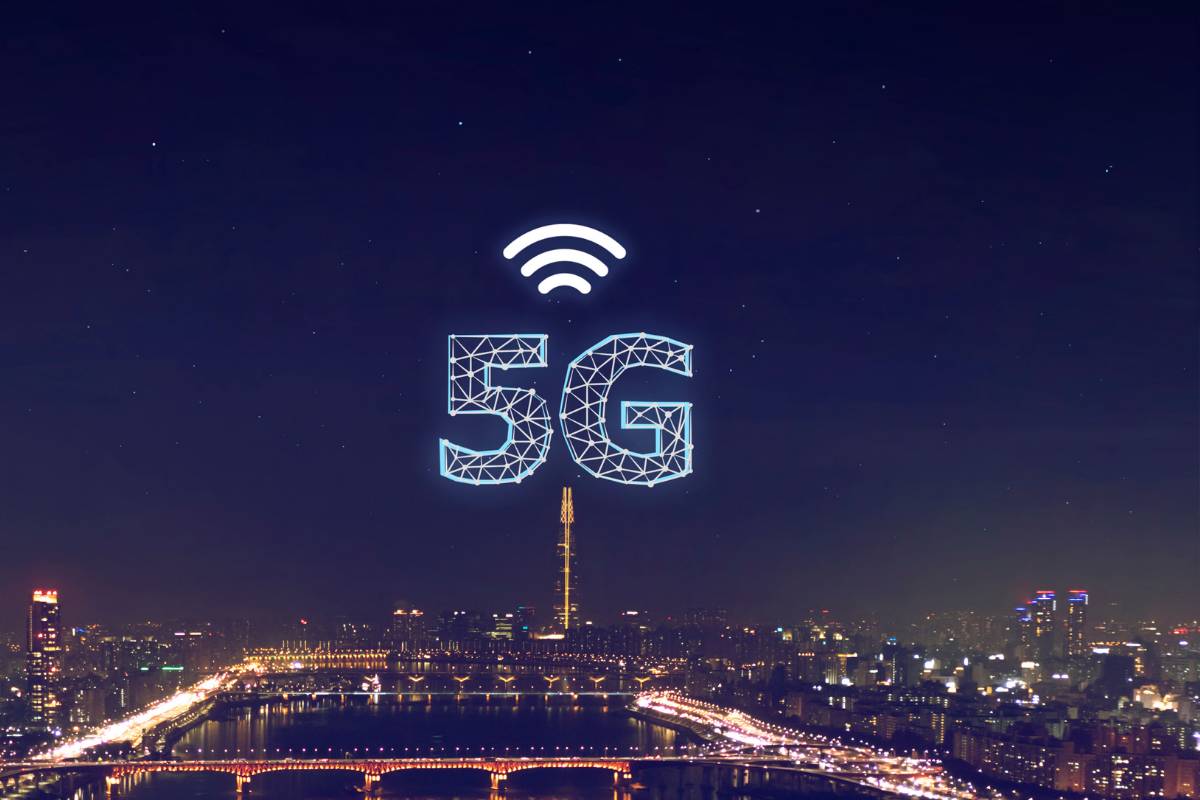
Bella Cherkesova, Russia’s deputy minister for digital development, communications, and mass media, has indicated interest in expanding her country’s cooperation with India in the areas of telecom technology, security, and the creation of 5G use cases, according to a report by PTI. On the fringes of the International Telecommunication Union (ITU) meeting that began on September 24 in Romania, she had a chance encounter with Devusinh Chauhan, India’s Minister of State for Communications.
Russian Minister Speaks With MoS Communications at ITU Meeting
In his conversations with the Russian minister, Chauhan informed her of India’s accomplishments in building out its digital infrastructure, particularly in rural and isolated areas, the recent auction of 5G spectrum, and the impending introduction of commercial 5G in India. He claimed that India had made various preparations to become independent in cutting-edge telecom technology, including the creation of chipsets.
According to Chauhan, 5G services will be available throughout the nation in a few years. India has a locally created 4G stack and is getting ready to develop a locally developed 5G stack. A Technology Innovation Group has been established by the Indian government to design and build 6G technology by 2030, Chauhan mentioned.
The deputy minister of Russia praised India’s progress in the telecom industry and said that the country’s success is an excellent case study for the rest of the world. She demonstrated a strong interest in strengthening the partnership with India in the areas of cutting-edge telecom technology, security, and the creation of 5G use cases, according to a statement from the telecom ministry.
At the Plenipotentiary Conference 2022’s ministerial roundtable, Chauhan said that the government has created a strategy to bring mobile coverage to all 6.4 lakh villages nationwide by 2023 and optical fibre connectivity by 2025. The delivery of various Government-to-Citizen (G2C) and other citizen-centric e-services is ensured by the 5.7 million Common Service Centers that India has established in remote and rural areas in order to reach the unconnected.
